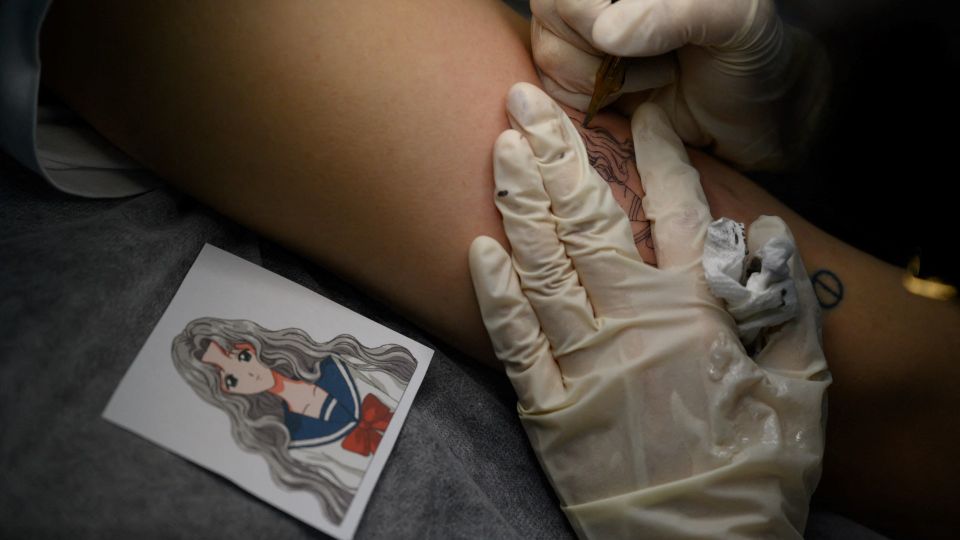September 26, 2025
SEOUL – Tattooing by nonmedical professionals in South Korea has been legalized for the first time in 33 years, following the National Assembly’s passage of a new law aimed at professionalizing the tattoo industry.
On Thursday, lawmakers passed the “Tattooist Act” with 195 votes in favor and seven abstentions out of 202 members present. The law officially permits nonmedical professionals to perform tattoos, a practice that had long existed in a legal gray area despite being widely popular and practiced underground.
Tattooing had technically been illegal for nonmedical workers since a 1992 Supreme Court ruling that defined it as a medical procedure under the country’s Medical Services Act. Only licensed doctors were legally allowed to administer tattoos — a restriction that forced thousands of artists to operate without legal protection and at constant risk of arrest.
Under the newly approved law, tattooing and semi-permanent makeup are collectively defined as “tattooing acts.” Only those who pass a national exam and obtain a license will be allowed to practice as professional tattooists. However, the law does not permit tattoo removal by nonmedical professionals, which remains restricted.
The law also includes several public safety measures. Tattooists will be required to complete hygiene and safety training, and they must keep detailed records of each procedure, including the date of the tattooing, the types and quantities of ink used and the body area tattooed. Tattooing minors without parental consent is strictly prohibited.
The law will take effect two years after its official promulgation. An additional two-year transitional period will allow for provisional registrations and other special measures for existing practitioners.
Rep. Park Ju-min of the ruling Democratic Party of Korea, who chairs the parliament’s Health and Welfare Committee and introduced the bill, welcomed the law’s passage.
“With this bill passed, people can now receive tattoos safely, and tattoo professionals can finally be recognized as legal experts,” Park said. “I will make sure this system is properly implemented until the end.”
Celebrations erupted on the steps of the National Assembly following the vote, where Im Bo-ran, president of the Korea Tattoo Federation, expressed her emotion and pride in the historic moment.
“Today, with rightful professional pride, we make a promise to the people,” Im said. “We will offer safer and higher-quality services and make K-tattoos the best in the world. We will mark today as the start of that great journey.”
The law marks a significant cultural shift in South Korea, where tattoos have historically been stigmatized and associated with criminality, despite their growing popularity.

